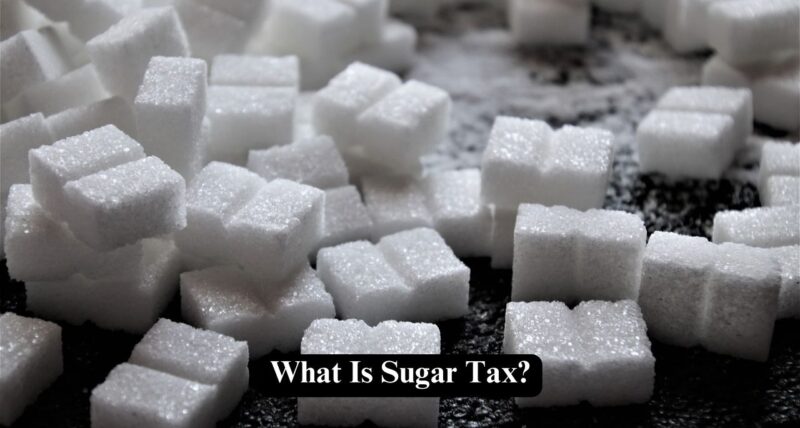Sweet drinks are a pervasive part of our current presence. This wide range of fluids and refreshments includes soft drinks, sports exercise beverages, organic product squeezes, and a few coffees. They might cause a fast explosion of pleasantness and energy. However, the radical intake of sweet drinks is connected to a few medical problems. These problems involve weight gain, type 2 diabetes, and heart illness.
Enter the sugar tax, a policy tool that aims to scale down this overconsumption by making sugary beverages more expensive. It’s a surcharge levied on liquids exceeding a certain sugar threshold.
How Does It Work?
The specifics of a sugar tax can vary; however, the popular principle stays the same. Here is a breakdown of the significant factors:
Tax Target
The tax usually applies to liquids with added sugars. This includes smooth beverages, sports liquids, energy drinks, and a few flavored bottled waters.
Sugar Threshold
A sugar content material restriction is ready, typically measured in grams in step with a hundred milliliters (ml). Drinks exceeding this restriction are subject to tax. The better-sugar-content material often attracts a steeper tax price.
Tax Collection
The tax is usually imposed on producers, vendors, or importers at the point of production or import.
The accelerated price is then often exceeded by customers via better retail fees.
The Goals Of A Sugar Tax
The primary goal of a sugar tax is to discourage the intake of sugary beverages by making them less costly. Here are a portion of the expected benefits:
Reduced Consumption
By increasing the fee, a sugar tax aims to nudge clients towards healthier beverage choices, like water or unsweetened tea. This can cause a lower standard sugar intake.
Improved Public Health
Lower sugar consumption is anticipated to translate to a healthier population. Reduced obesity rates and decreased risk of type 2 diabetes and coronary heart disease are some of the health advantages.
Increased Revenue
The tax generates revenue for the government. These price ranges may be directed closer to diverse tasks. These include public health programs, training campaigns promoting healthy consumption, or subsidizing more healthy food options.
The Debate: Sweeteners Or Sour Grapes?
While the idea of a sugar tax has supporters, it additionally faces grievances. Here’s an examination of each side of the argument:
Arguments For:
- Evidence-based Approach: Studies advocate a link between sugar taxes and reduced consumption of sugary beverages.
- Public Health Benefits: The potential health advantages for the population are significant, leading to a reduced burden on healthcare structures.
- Discourages Unhealthy Habits: The tax acts as a deterrent, encouraging people to make more healthy alternatives.
Arguments Against:
- Regressive Tax: Critics argue that a sugar tax disproportionately affects low-income families. It’s because they may additionally spend a larger portion of their profits on groceries.
- Ineffectiveness: Some argue that the tax burden is too small to noticeably regulate buying habits.
- Producer Impact: The tax can harm the beverage enterprise, impacting jobs and earnings.
- Consumer Choice: Rivals accept that buyers need to have the opportunity to choose what they consume, regardless of tax.
The Global Landscape Of Sugar Taxes
Sugar taxes are not another idea. Several countries around the world have applied them, with various levels of success. Here are some examples:
- Mexico: Pioneered a sugar tax in 2014, experiencing a lower sugary drink intake.
- UK: Introduced a sugar tax in 2018, with a stated reduction in sugar content in some beverages.
- South Africa: Implemented a sugar tax in 2018, even though its lengthy-term effect is still being evaluated.
The effectiveness of a sugar tax depends on different factors. It is inclusive of the tax charge, design, and complementary public health guidelines.
The debate surrounding the sugar tax is likely to continue. The health consequences of excessive sugar consumption are becoming clearer. Hence, we can anticipate ongoing discussions about the function of sugar taxes in promoting public health. We haven’t figured out whether the sugar tax is the primary solution or one piece of a bigger puzzle. However, it remains a coverage tool with the potential to make an enormous impact.



